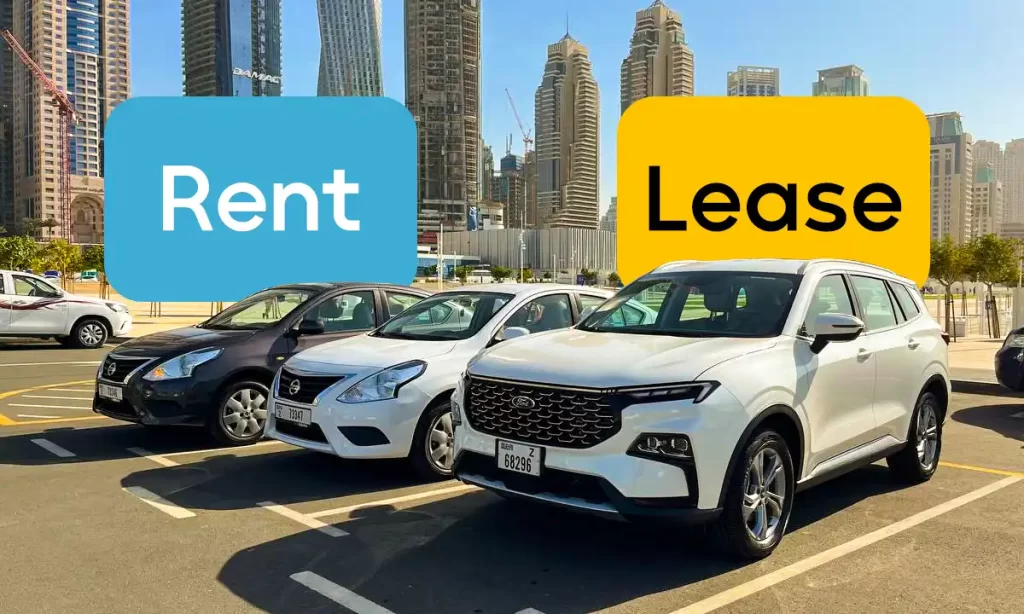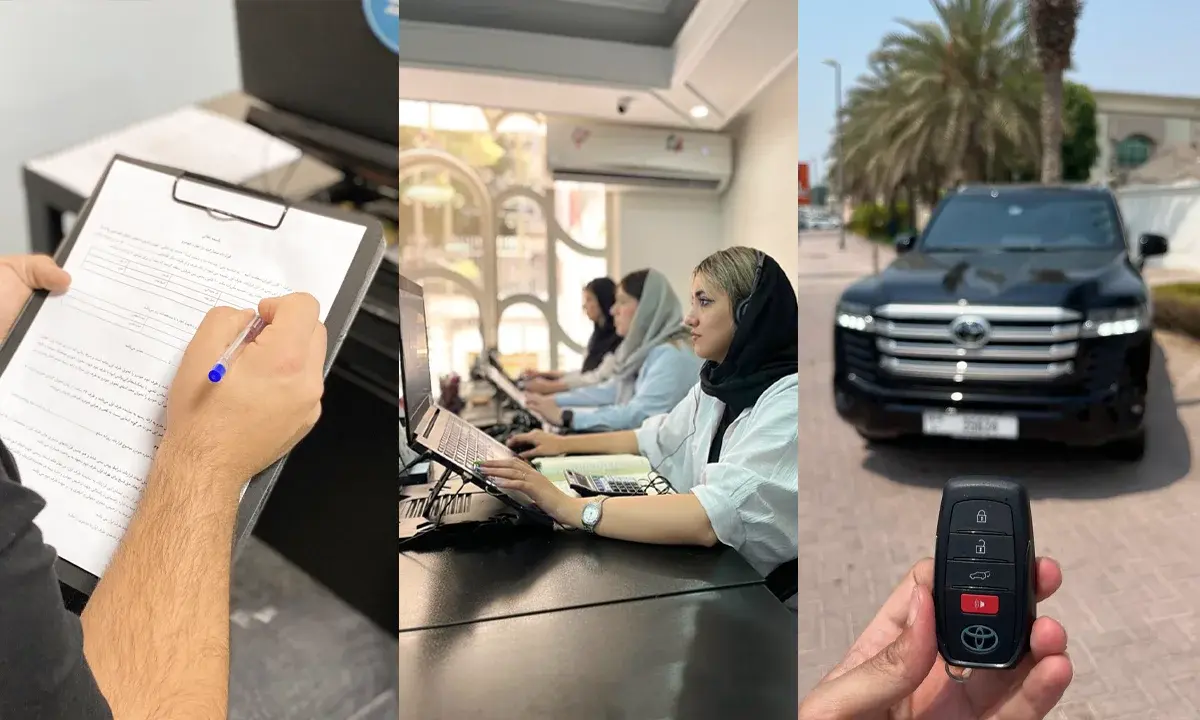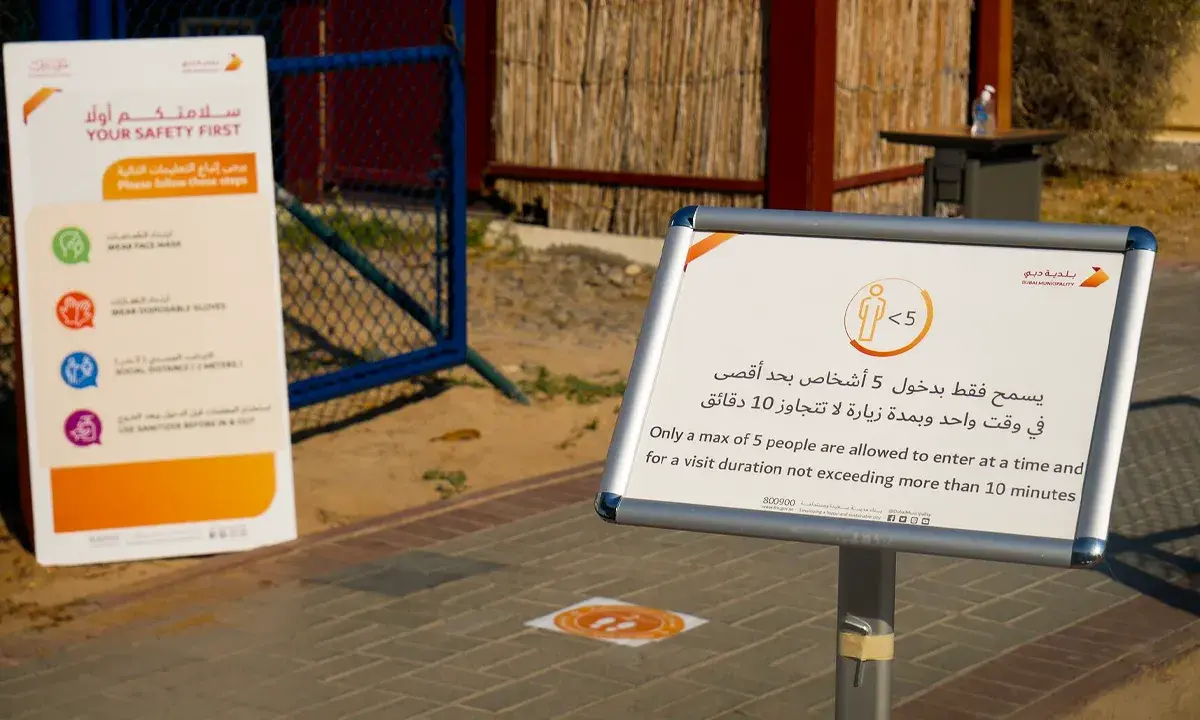Understanding the differences between renting and leasing vehicles in Dubai is essential for making the best transportation decisions. Renting is ideal for short-term needs, like vacations or business trips, while leasing suits those looking for a long-term solution, such as residents or businesses. This article will discuss the key differences in terms of duration, cost, flexibility, vehicle choices, ownership, and legal requirements, helping you choose the option that best fits your needs.
What is Renting?
What is Leasing?
Duration of renting and leasing
- Renting a Vehicle
- Leasing a Vehicle
Cost Implications
- Renting a Vehicle
- Leasing a Vehicle
Flexibility and Usage
- Renting a Vehicle
- Leasing a Vehicle
Vehicle Choices and Availability
- Renting a Vehicle
- Leasing a Vehicle
Ownership and Responsibility
Renting a Vehicle
- No ownership rights; the vehicle must be returned at the end of the rental period.
- Less responsibility for long-term maintenance, as the vehicle is only used for a short duration.
- No ownership during the lease term, but some agreements offer the option to buy the vehicle at the end.
- Responsible for maintaining the vehicle in good condition throughout the lease period, as stipulated in the lease agreement.
Legal and Documentation Requirements
Renting a Vehicle
- Minimal paperwork; usually just a valid driver’s license, credit card, and insurance.
- Quick and easy process to rent a vehicle, making it convenient for short-term needs.
- More extensive paperwork, including proof of residency, income, and a credit check.
- Involves a detailed lease agreement outlining the terms and conditions, which provides clarity but requires more time to complete.
Ideal Scenarios for Each Option
Renting a Vehicle
- Short vacations or business trips.
- Temporary transportation needs.
- Situations requiring high flexibility.
- Long-term stay in Dubai.
- Businesses need a fleet of vehicles.
- Residents looking for a cost-effective long-term transportation solution.
Top Leasing Companies in Dubai
Hertz UAE
- Offers a wide range of vehicle leasing options with comprehensive maintenance packages.
- Known for excellent customer service and flexible lease terms.
Avis UAE
- Provides competitive leasing plans with options for both individuals and businesses.
- Offers a variety of new models and comprehensive insurance packages.
Emirates Fleet
- Specializes in long-term vehicle leasing for corporate clients.
- Known for a vast selection of vehicles and custom leasing solutions tailored to client needs.
Top Renting Companies in Dubai
Saadatrent
- Offers a wide variety of vehicles for short-term rentals, including luxury, economy, and SUVs.
- Known for competitive rates and excellent customer service.
- Provides a diverse range of rental options with flexible terms and convenient pick-up/drop-off locations.
- Renowned for its reliability and wide network across Dubai.
- Offers affordable rental options with a broad selection of vehicles.
- Known for its budget-friendly rates and customer-friendly policies.
Last Word
Understanding the key differences between renting and leasing a vehicle in Dubai can help you make an informed decision. Renting offers high flexibility and is ideal for short-term needs, but it can be more expensive for extended use. Leasing provides a cost-effective solution for long-term commitments, with fixed monthly payments, and often includes maintenance and insurance packages, but comes with less flexibility and more paperwork.
When choosing between renting and leasing, consider your duration of stay, financial situation, and specific transportation needs. Tourists and short-term visitors might prefer renting for its convenience, while residents and businesses might find leasing more beneficial for long-term use. Always assess your personal and financial circumstances before deciding to ensure you select the option that best fits your requirements.
FAQs
Renting is for short-term use, typically daily or monthly, while leasing is for long-term use, usually one to three years.
Leasing is generally cheaper for long-term use due to lower monthly rates compared to daily rental costs.
Renting offers high flexibility to switch vehicles, while leasing involves long-term contracts and less flexibility.
Minimal paperwork is needed, usually just a valid driver’s license, credit card, and insurance.
More extensive paperwork is needed, including proof of residency, income, and a credit check.
Some lease agreements offer the option to buy the vehicle at the end of the lease term.



















